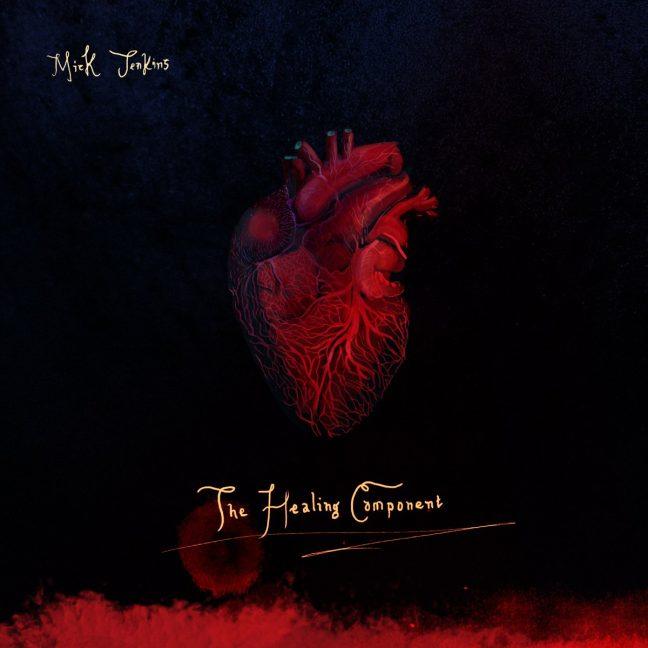After two years of buildup, Mick Jenkins’ first full-length project is finally here — and it lives up to a lot of the hype.
Jenkins has previously released two EPs that excrete a hard loving Chicago sound and has been featured on tracks by artists like BadBadNotGood.
This new album, The Healing Component, is a one-hour love anthem with a twist. Instead of someone else, Jenkins focuses on loving himself and what it means to love other people in the context of individuality.
The Healing Component listens like a depressing side of love, where Jenkins has trouble loving himself and criticizes others at times. He still manages to throw shade, in particular toward Drake and Quentin Miller on “Fucked up Outro.”
The opening self-titled track is arguably the best and most fun song on the album that features a balance between a deep bass and fleeting vocals and horns. He takes time throughout this song to criticize the government and displays the first example of his creative style of wordplay that occurs throughout the album.
This clever lyricism shines on the fascinating BadBadNotGood assisted single, “Drowning,” where he compares racial injustice to the experience of drowning. The hook “I can’t breathe” couldn’t be more fitting. BadBadNotGood brings just as much to the track as Jenkins, giving the album its strongest track, musically.
The album features mostly Chicago artists, such as Noname, theMIND and guitarist Michael Anthony. Noname continues her winning streak on “Angles” as well as up-and-coming rapper/singer Xavier Omar who also shines on the track.
A close friend of Jenkins, theMIND, appears on a number of tracks, but his vocal performance on “1000xans” sounds oddly like a Frank Ocean feature and is just as pretty.
Most of the album is raw emotions. Tracks like “Strange Love,” “Love, Robert Horry” and “Fall Through” aren’t too entertaining, but vocally display Jenkins in an organic form. Every point he wants to make, whether about love, drugs or race, he delivers with implicit tactfulness.
The ongoing conversation throughout the album where Jenkins discusses the concepts of love is an uncomfortable, but powerful aspect of this album. Jenkins says he wants to “start a conversation” and that “you have to know yourself to love yourself.”
He also brings in concepts from Christianity to exemplify love. He portrays his feelings that love is the answer and that it is how people should address conflicts and disparities.
Overall, the album feels depressed yet hopeful, which adds to his message of how much people really need love.
Musically, the album has its high moments. Specific shining moments make up for some of the less interesting parts of the album. Soon after his conversation about race, the album ends awkwardly — making the whole project slightly underwhelming.
Overall, this is definitely an important album to listen to in 2016 and Jenkins could definitely be on the rise for something great after The Healing Component.


